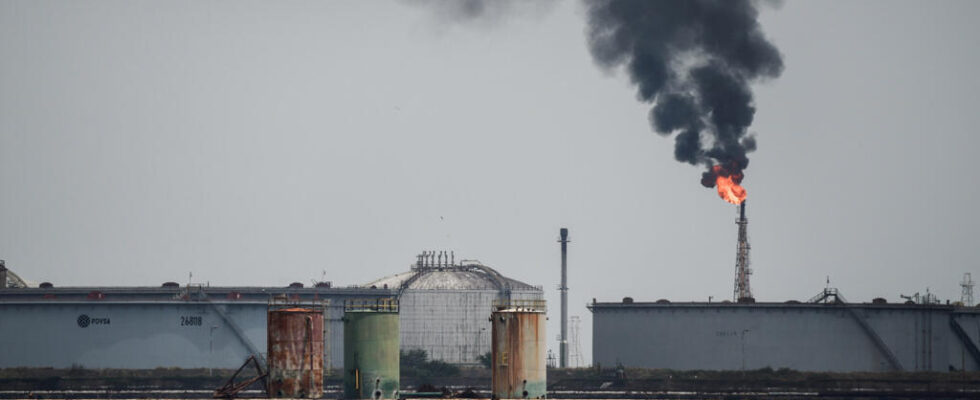Venezuelan voters go to the polls Sunday to choose between keeping authoritarian President Nicolas Maduro in power or electing opposition candidate Edmundo Gonzalez. After years of hyperinflation that have driven poverty and driven millions of Venezuelans to flee their country, the economy is finally doing a little better, thanks in part to a surge in oil production.
1 min
In the space of two years, oil production in Venezuela has increased by more than a third. And this is despite US sanctions against the country. Luis Oliveros is an economist at the Metropolitan University of Caracas: Sanctions have been eased, for example by granting licenses, waivers, to Chevron and other foreign private companies to produce oil in Venezuela, especially after Russia’s invasion of Ukraine. »
” Venezuela was producing more than 3 million barrels per day »
Venezuela has the largest oil reserves in the world. The sector is the country’s leading source of foreign currency. The increase in oil production, which has reached 900,000 barrels per day, has helped to overcome hyperinflation.
But this is still insufficient compared to the early 2000s, explains Luis Oliveros: “ In the past, when Hugo Chavez came to power, Venezuela was producing more than 3 million barrels per day. Whoever wins the election, the next government should focus on restoring oil and gas production. »
In addition to sanctions, low oil production is largely explained by a lack of structural investment in the sector for years.
Read alsoVenezuela: what is the economic assessment five days before the presidential election?
